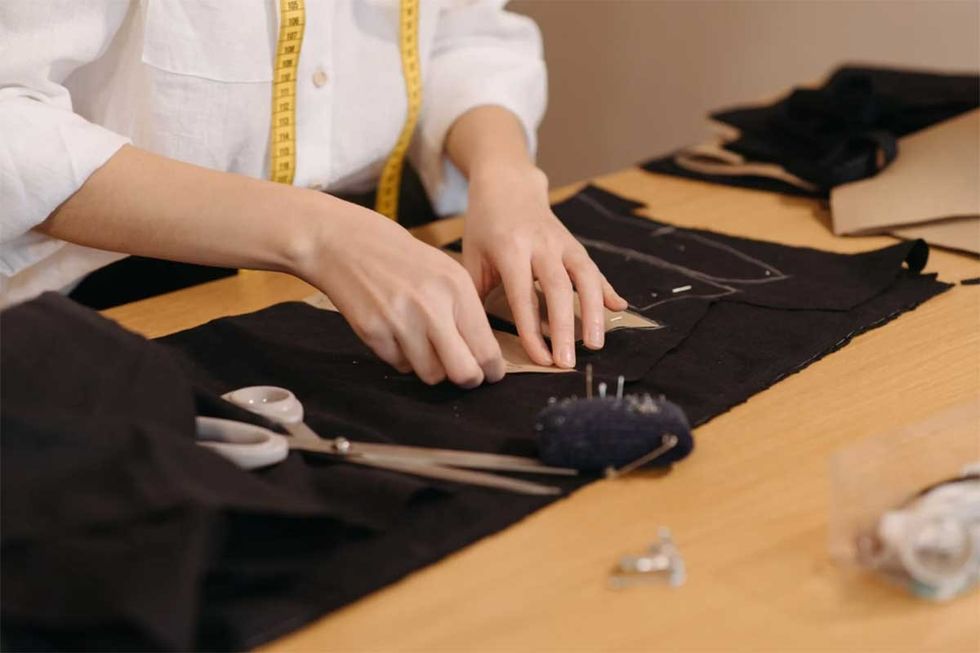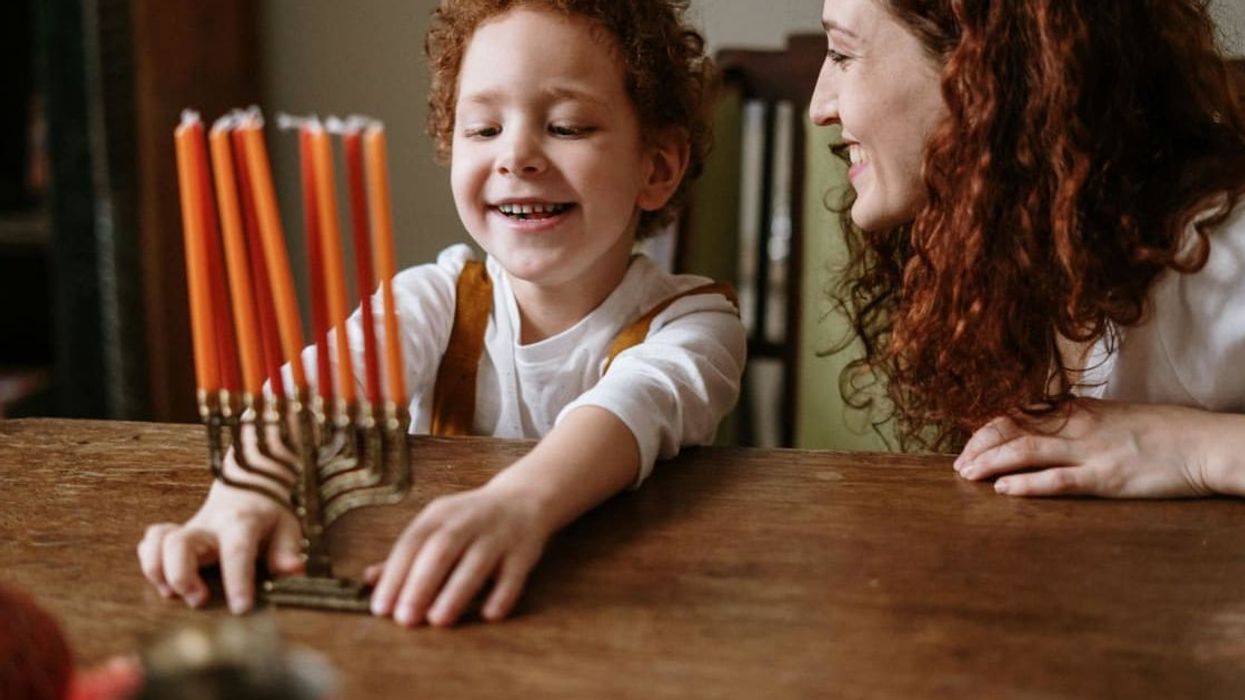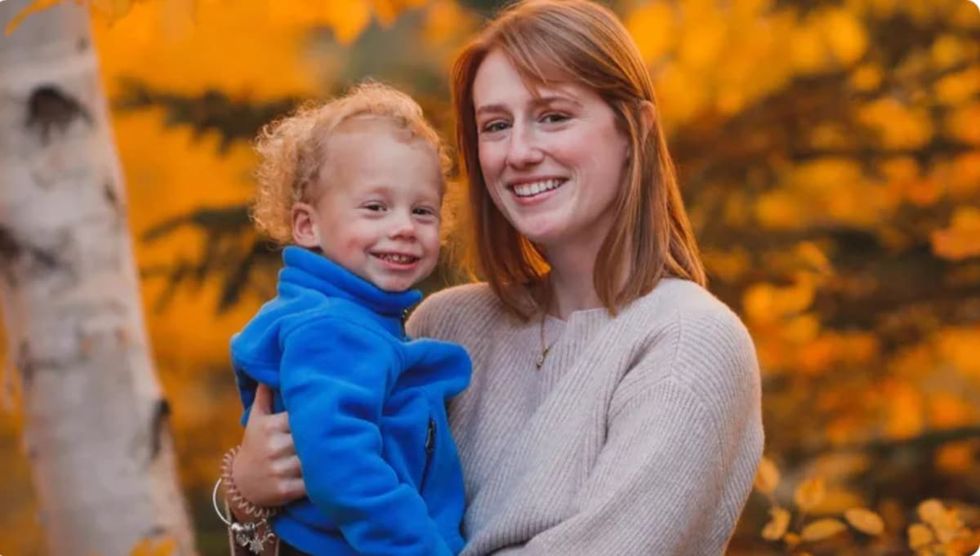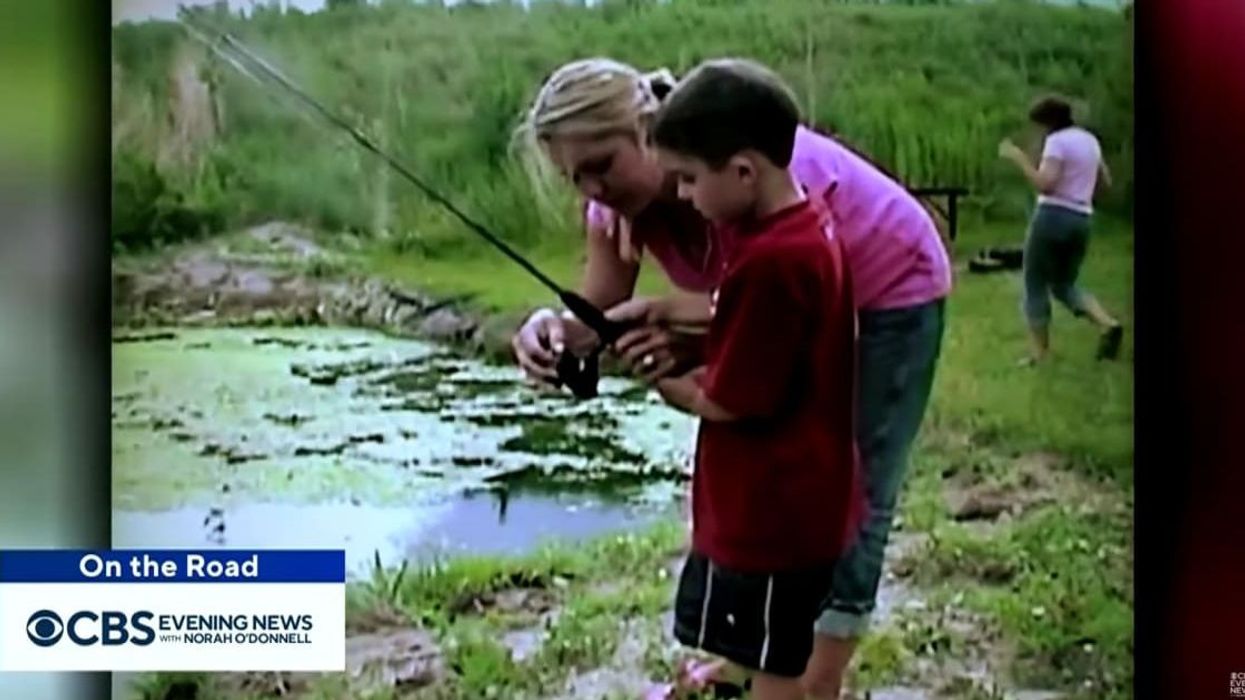Getting children to cooperate can be difficult. Parents are always searching for ways to get their young kids to listen. However, what often happens is parents attempt to get their children to obey them and use phrases that put their kids on the defensive. Building long-term cooperation is a more effective and less frustrating way to ultimately get kids to cooperate.
Toddlers are especially curious and constantly testing boundaries, which can lead to frustration for parents. Finding the right balance between patience and effective communication is key. Using language that toddlers respond to can lead to understanding and cooperation as well as opportunities for growth.
There are three main reason a toddler acts out: they are naturally curious, making it hard for them to focus on instructions. They also test boundaries and limits as they learn about rules. And finally, toddlers have short attention spans, making it hard for them to stay focused.
Reem Raouda, a mother, child psychologist, and founder of High Love Parenting, studied 200 parent-child relationships. "I've learned that kids listen best when they feel connected," shares Raouda. "A big part of that is emotional safety: knowing they are respected and have the freedom to express their feelings."

I'm Listening
A child needs to feel heard before they will listen to you. A simple shift in attention to the toddler and hearing what they're telling you puts you on the same side as your child in their view.
For example, if your toddler says, "I'm never playing with my brother again," simply answering with, "I'm listening, tell me what's going on," can take the wind out of their impending tantrum.
I Believe You
When kids feel like you doubt them, their defenses go up and they shift into self-protection. Letting your toddler know you believe them allows the kid to feel safe. When they feel safe, they can hear what you're saying to them.
For example, your kid says, "I didn't break my toy on purpose," and you answer, "I believe you. Let's clean it up together."

Let’s try to use our indoor voice. Can you show me?
Montessori Academies teach awareness and respect of their environment as part of their educational program. By encouraging your child to use an indoor voice and signals to them peace.
For example, if your toddler is running around the house yelling at the top of their lungs, you may say, "Let's try to use our indoor voice. Can you show me how quietly you can talk?"
I'm right here
When young children are overwhelmed, they go into survival mode and logic flies out the window. Their nervous system goes into fight-or-flight and they need help from you to regulate their emotions.
Telling your toddler that you are there validates their feelings and let's them know they aren't alone. This simple phrase helps your kid reset.
For example: Your kid is having a meltdown because a sibling took their toy. By saying, "I'm right here, let it out," you signal them to let their anger go.

This, Then That
Montessori teaches its students to understand sequence and expectations. This gives toddlers a clear structure that assists them in transitioning between activities smoothly.
For example, "First, we pick up the toys; then, we can watch the tv show you want to see." This sets clear expectations for your toddler and allows them to grasp the concept of completing a task so they can move on to something that they want to do.





















 There are plenty of low or no-cost date ideas.Canva
There are plenty of low or no-cost date ideas.Canva Couples can energize their relationship by finding bonding moments that reignite their wonder.Canva
Couples can energize their relationship by finding bonding moments that reignite their wonder.Canva
 Representative Image: Busy hands working on a garment.
Representative Image: Busy hands working on a garment.  "SPEECHLESS!" Facebook I
"SPEECHLESS!" Facebook I  "God is really good!"Facebook I
"God is really good!"Facebook I 
 Representative Image: Disney World made the perfect surprise.
Representative Image: Disney World made the perfect surprise.  Image source: TikTok |
Image source: TikTok |  Image source: TikTok |
Image source: TikTok |  Image Source:
Image Source: 
 A couple attends a funeralCanva
A couple attends a funeralCanva A therapist consults with a patientCanva
A therapist consults with a patientCanva A father and young son giving each other the silent treatmentCanva
A father and young son giving each other the silent treatmentCanva  Woman walks alone on the beachCanva
Woman walks alone on the beachCanva
 Representative Image: Three days wasn't enough time to bond with her new son. Pexels | Photo by Paige Thompson
Representative Image: Three days wasn't enough time to bond with her new son. Pexels | Photo by Paige Thompson Representative Image: Getting to participate in her sons life was an unexpected gift. Pexels | Photo by Oleksandr P.
Representative Image: Getting to participate in her sons life was an unexpected gift. Pexels | Photo by Oleksandr P. "The world needs more of them." Image Source: YouTube I
"The world needs more of them." Image Source: YouTube I  "Best parents I've ever head about !!!!"Image Source: YouTube I
"Best parents I've ever head about !!!!"Image Source: YouTube I